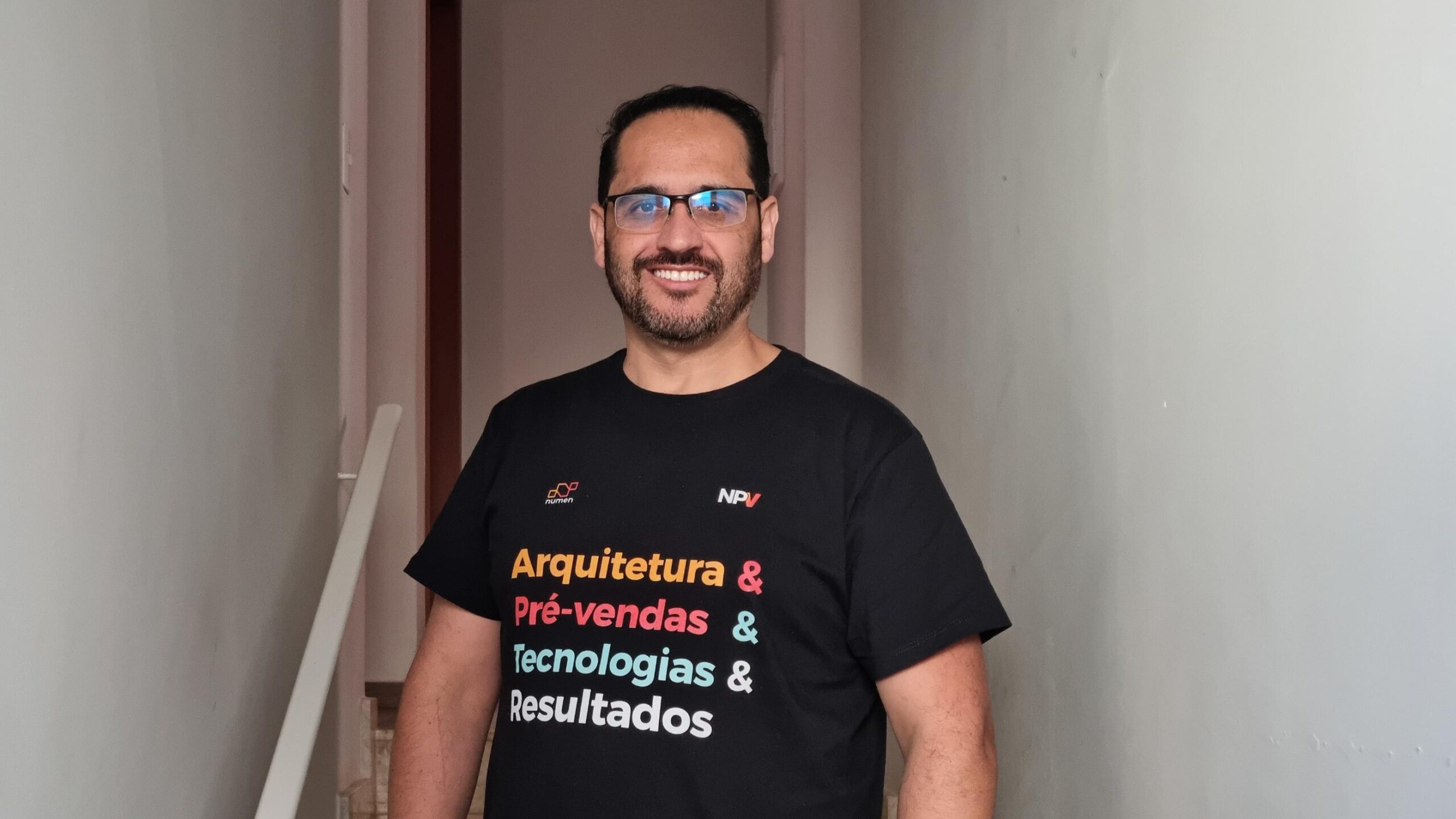Never before has there been so much discussion about taxes. The main reason, without a doubt, is the transition to the Tax Reform, which is already underway. However, the promise of simplification first requires a period of adaptation, and for companies that have not yet acted, the time for planning has run out. Those who leave it to the last minute may face serious operational, financial, and competitiveness risks.
Brazil’s tax system is considered the most complex in the world. Not by chance, according to the World Bank, a mid-sized company spends an average of 2,600 hours per year to comply with tax obligations—about eight times the average of OECD countries. In this context, this reform, debated for over 30 years, was finally approved in December 2023. Since then, we have been bombarded with news and developments that, more often than not, cause apprehension, doubts, and uncertainties. But the period of uncertainty has given way to concrete deadlines that demand action.
It is important to highlight that the Tax Reform package involves a much broader scope. Sectors that operate across multiple regions—such as logistics, for example—will need to review their operations, from contracts to workflows between states, in addition to managing impacts on pricing, margins, and even relationships with suppliers and customers.
The new model will also directly impact procedural and, consequently, systemic operations within companies. Management systems will require adjustments to include new taxes and recalculate everything according to the new rules. This means revisiting pricing schemes, tax codes (VAT), tax reports, and integrations with other software, such as fiscal messaging tools.
And here lies one of the main challenges companies will face. Organizations already working with updated and modern ERP versions will certainly have a smoother transition with fewer adjustments to make. However, those still relying on outdated or legacy systems will have a much more difficult and risky journey to adapt—where every day of delay increases both costs and complexity.
On one hand, we have seen a growing movement of companies preparing for the transition. On the other, a large portion continues to postpone adjustments until the last minute. It is crucial to emphasize that, even though the transition is scheduled to start in January 2026, the Federal Revenue Service has recently announced two earlier phases: starting July 1st, the testing environment for processes related to the Goods and Services Contribution (CBS) will be available; and by October, all electronic tax documents must include new CBS and IBS fields.
Given the wide range of changes and adaptations required, technology becomes a key ally for companies in this journey. The use of tax automation solutions, data analytics platforms, and even AI can help predict impacts, identify savings, and simulate different scenarios. In practice, this makes businesses more agile and better prepared for strategic decision-making.
With the new tax model, the key will be to simplify and centralize whenever possible. This includes reviewing the entire tax operation—from how transactions are recorded in the system to how data is analyzed and applied in strategic decisions. Executing all these tasks is by no means simple, which is why relying on specialized consulting services that closely monitor the Tax Reform developments is a highly valuable measure.
The presence of a specialized team helps identify critical business points and supports the internal workforce from planning through execution, ensuring compliance and standardization.
The upcoming Tax Reform underscores not only the importance of focusing on fiscal aspects but also prioritizing systemic adjustments and leveraging technology as a strategic ally. The beginning of the transition will bring challenges, but those prepared in advance will navigate them efficiently and, most importantly, with greater business predictability. After all, while some see problems, others see opportunities. And to seize them, preparation is no longer optional—it is essential for business continuity.

Ricardo Fonseca (photo 1) is Sales Director at Numen.

Rafael Aires (photo 2) is Solutions Architect at Numen.







